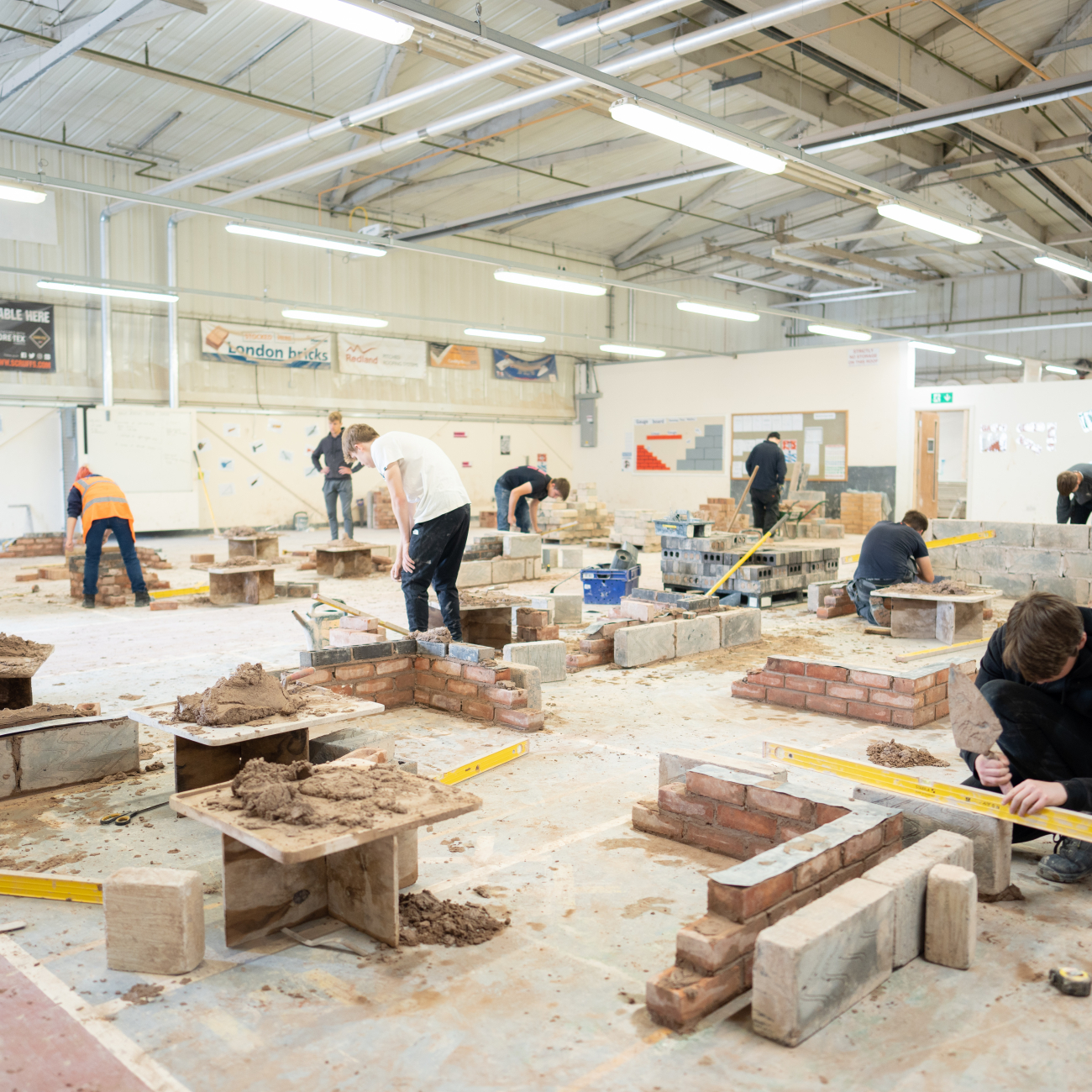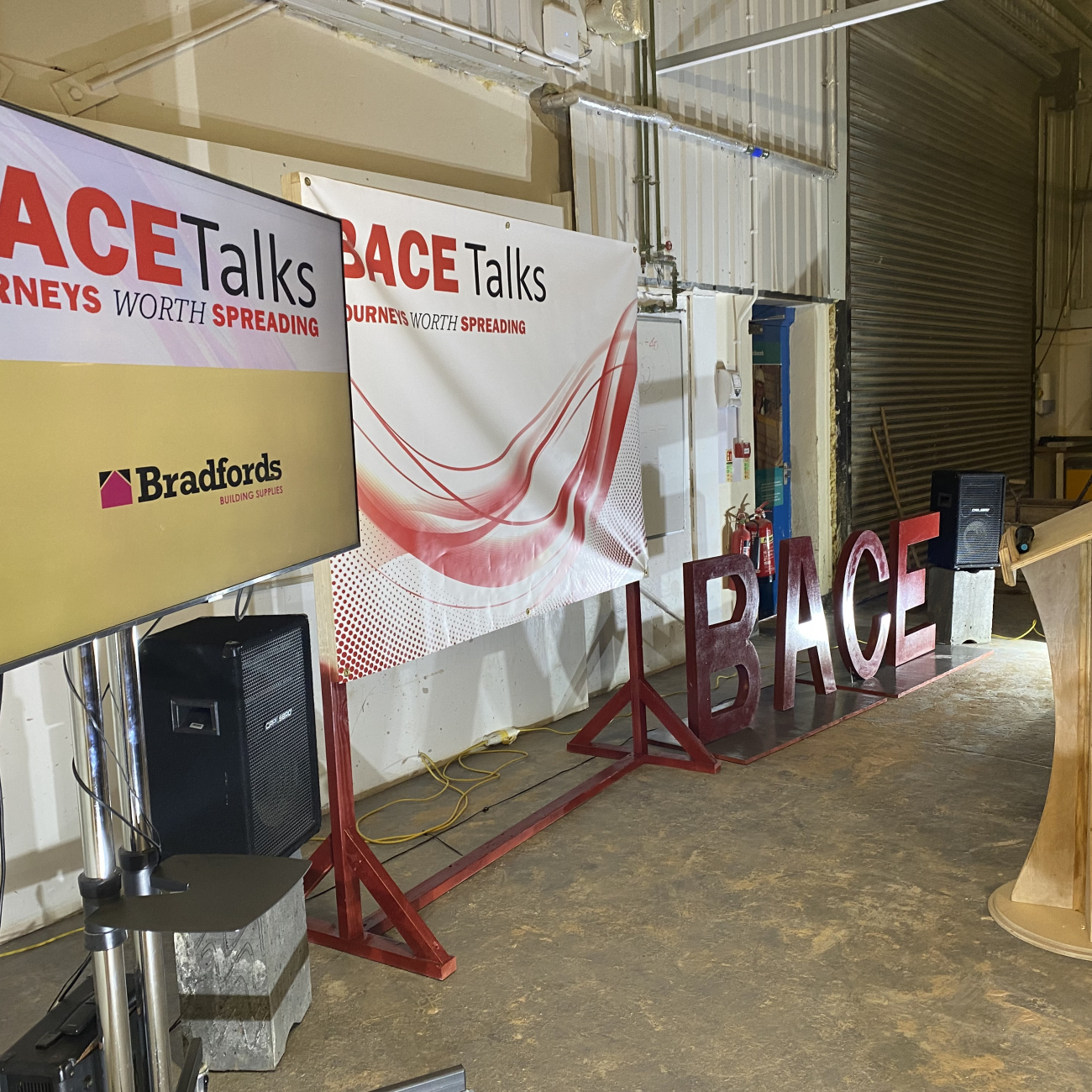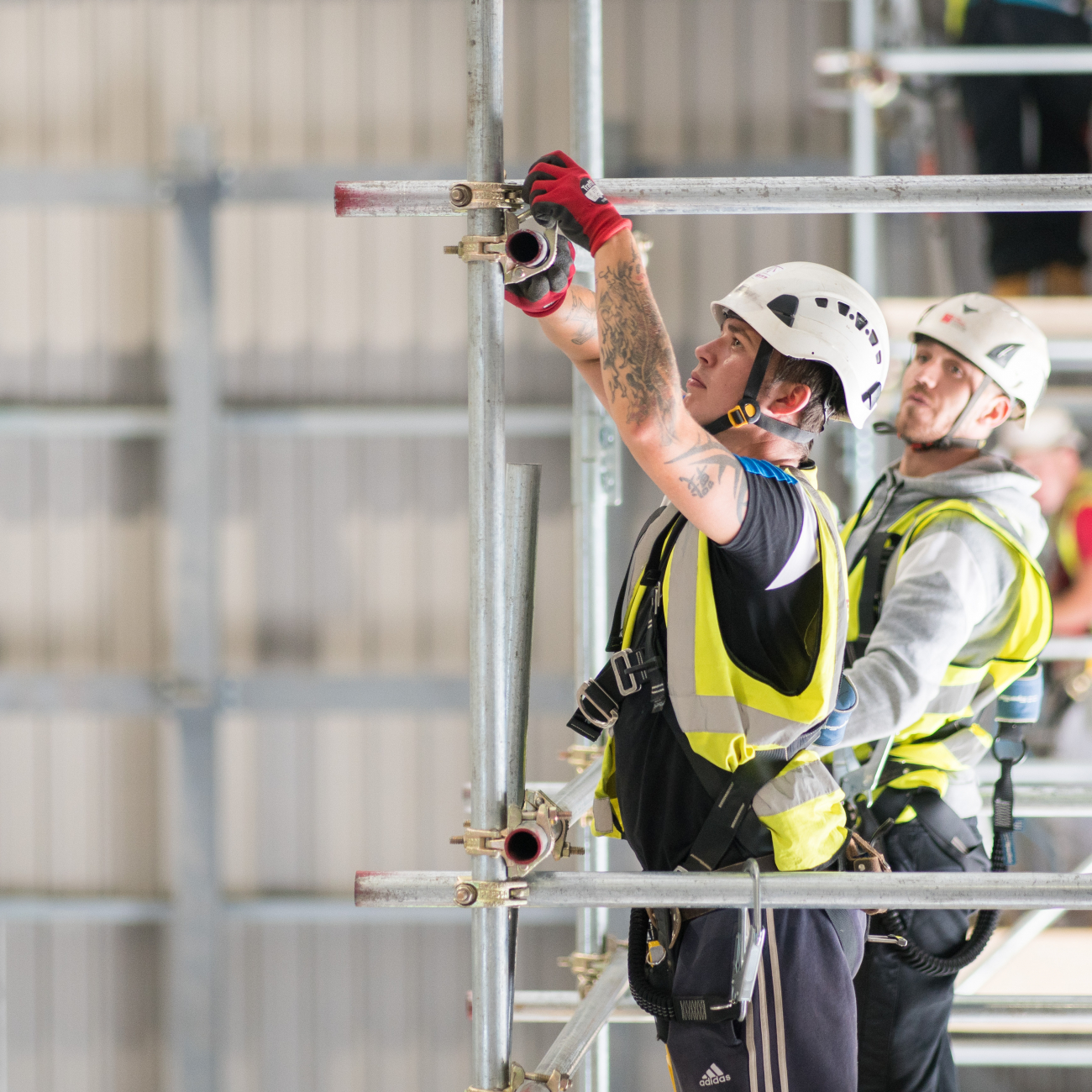
Construction Careers FAQ's

Dandara Living and Richard Hanney, Head of Construction, have answered your questions and provided guidance on starting and advancing your career in the construction industry from both an employer and college perspective. Our courses, ranging from entry-level to degree apprenticeships, are designed to align with industry needs and support your development in technical and essential personal skills.
What Career Options Are There in Construction?
Richard (Head of Construction):
The construction industry offers a wide range of career paths, including:
- Craft and Trade Roles: Bricklayer, carpenter, plumber, electrician, painter, and decorator.
- Technical and Professional Roles: Site manager, quantity surveyor, project manager, civil engineer, architectural technologist.
- Specialised Areas: Environmental engineer, health and safety manager, construction lawyer.
- Support Roles: Procurement officer, logistics manager, human resources specialist in construction firms.
- Careers in Construction: Overview of Over 170 Job Roles | Go Construct
Dandara:
- There is an array of career options in construction!
- The industry is really broad and varied; you could be office or site based. You could work in one specific area of the industry (for example; groundworkers) or work across different project stages (e.g Quantity Surveyor).
How Can I Start a Career in Construction?
Richard (Head of Construction):
You can start a career in construction through various pathways:
- Entry-Level Courses: Begin with foundational courses at Weston College to acquire basic construction skills and knowledge.
- Apprenticeships: Enrol in apprenticeship programs that combine on-the-job training with academic learning, allowing you to earn while you learn.
- Full-Time Courses: Complete full-time courses that provide in-depth knowledge and practical skills, preparing you for advanced roles or apprenticeships.
- Industry Placements: Gain practical experience and make industry connections through placements.
Dandara:
- Enrol for and attend post-secondary school training at a university or further education college.
- Register as an apprentice and combine on-the-job training with class based learning and get a recognised qualification.
- Try to get work experience days / attend career days etc.
What Are the Benefits of Starting a Career in Construction Through an Apprenticeship?
Richard (Head of Construction):
Apprenticeships offer several benefits:
- Earn While You Learn: Gain practical experience and earn a salary simultaneously.
- Industry-Relevant Skills: Develop skills that are directly applicable to the job market.
- Career Progression: Create a clear pathway for career advancement with opportunities to specialise or take on managerial roles.
- Professional Networking: Build relationships with industry professionals, which can lead to future job opportunities.
Dandara:
- It’s a great way into the industry. You can start earning money while learning more about the area of work and industry to see if it is for you. You can avoid student debt too and there are lots of options to choose from.
- You will get to work alongside experienced staff and gain job-specific skills.
If I Study a Full-Time Course First, Can I Then Do an Apprenticeship Once I Complete My Course?
Richard (Head of Construction):
Yes, completing a full-time course can make you a more competitive candidate for apprenticeships. Many students pursue an apprenticeship after their studies to gain further practical experience and specialised skills.
Dandara:
There are many apprenticeships available within the industry, and at a range of levels from level 2 through to degree level. Depending on your existing qualifications, everyone is eligible for an apprenticeship regardless of age and experience.
Are There Any Opportunities to Gain Experience Which Will Help Me Stand Out from the Crowd?
Richard (Head of Construction):
Yes, you can gain valuable experience through:
- Industry Placements: Structured placements as part of your course curriculum, which often lead to apprenticeships or job offers from the same companies.
- Work Experience Programs: Short-term work experience during holidays or weekends.
- Volunteer Work: Participation in construction-related projects or community initiatives.
- Part-Time Jobs: Part-time work in the construction sector to gain additional experience.
- Help out at home: Apply your accrued skills at home, on DIY projects (remember to speak with your tutor to ensure you are following the correct procedure, and regulations).
Dandara:
- Lot of companies offer work experience. Dandara Living is starting to do that.
- You can arrange work experience yourself or it can be arranged as a placement as part of a training course. It can last anywhere from a few days, to a few weeks or more.
What Support Would I Receive When Starting an Apprenticeship or Work Placement in Construction?
Richard (Head of Construction):
At Weston College, we provide extensive support, including:
- Mentoring and Guidance: Experienced tutors and assessors to guide you through your apprenticeship or placement.
- Skills Development: Training in both technical skills and personal skills such as communication, problem-solving, and resilience.
- Academic Support: Assistance with coursework and exam preparation.
- Career Services: Help with resume building, interview preparation, and job placement.
Dandara:
- You will be supported by a number of people as you complete your apprenticeship.
- You will have a team around you of experienced and knowledgeable colleagues who will provide valuable mentoring.
- You will be supported by your line manager who will review your progress regularly and provide constructive feedback to support your ongoing development.
- You will be supported by a Training Provider, possibly a Further Education College, who will provide your knowledge based learning and set activities and tasks for you to complete to evidence the application of your learning. You can expect to be taught by a skilled tutor and guided by a trainer who will ensure you complete all the required elements of the apprenticeship.
Are There Opportunities for Career Progression?
Richard (Head of Construction):
Absolutely. The construction industry offers numerous opportunities for career progression. Starting with entry-level roles, you can move up to supervisory, managerial, and even executive positions. Continuous learning and professional development can lead to specialization in areas such as project management, quantity surveying, or civil engineering.
Dandara:
- There are a number of ways in which you can progress your career, this could be through gaining further qualifications or experience in your chosen area, progressing into leadership and management roles or moving to other areas of the business.
- As you gain further knowledge and experience, you might even choose to transfer your skills into a new role/area. For example, you may start as a bricklayer and then decide to progress into site management or surveying.
What Can I Expect During a Construction Apprenticeship?
Richard (Head of Construction):
During a construction apprenticeship, you can expect:
- Hands-On Experience: Practical training on real construction projects.
- Academic Learning: Classroom-based learning to complement your on-the-job training.
- Skill Development: Both technical and personal skills, including communication, teamwork, and problem-solving.
- Assessment and Feedback: Regular assessments and feedback to track your progress.
Dandara:
- You can expect to gain your knowledge and skills in a variety of ways; classroom based, on the job learning and also through practical application of your skills.
- You will be paid throughout your apprenticeship.
- You will gain a nationally recognised qualification.
- You will be expected to commit to learning throughout the duration of your apprenticeship.
- You will be trained on relevant safety processes and procedures.
What Are Your Top Tips for Someone Looking to Start Their Career in Construction?
Richard (Head of Construction):
- Gain Experience: Seek out internships, placements, and volunteer opportunities to build your skills and network.
- Stay Informed: Keep up-to-date with industry trends and developments.
- Be Persistent: The construction industry can be competitive, so stay focused and persistent.
- Network: Build relationships with industry professionals and peers.
- Continuous Learning: Always seek opportunities for further education and skill development.
- Register on the government apprenticeship website and receive notifications of apprenticeship opportunities.
Who Can I Contact About Starting a Career in Construction?
Richard (Head of Construction):
You can contact the Construction Department, the college apprenticeship team, or previous tutor/lecturer at Weston College for personalised advice and information. Our team is here to support you every step of the way.
Dandara:
Weston College and the apprenticeship website.
How Do I Apply for an Apprenticeship in Construction?
Richard (Head of Construction):
To apply for an apprenticeship in construction:
- Research Opportunities: Look for apprenticeship vacancies on job boards, Gov.uk/apprenticeships, and company websites, and through Weston College’s career services.
- Prepare Your Application: Create a strong resume and cover letter highlighting your skills and experience.
- Apply: Submit your application through the relevant channels.
- Prepare for Interviews: Practice common interview questions and be ready to discuss your experience and why you’re interested in the apprenticeship.
- If you are at college currently build a strong portfolio using Navigate, this can be shared as a PDF with potential apprentice employers.
To see what construction pathway might be best for you, click here!










